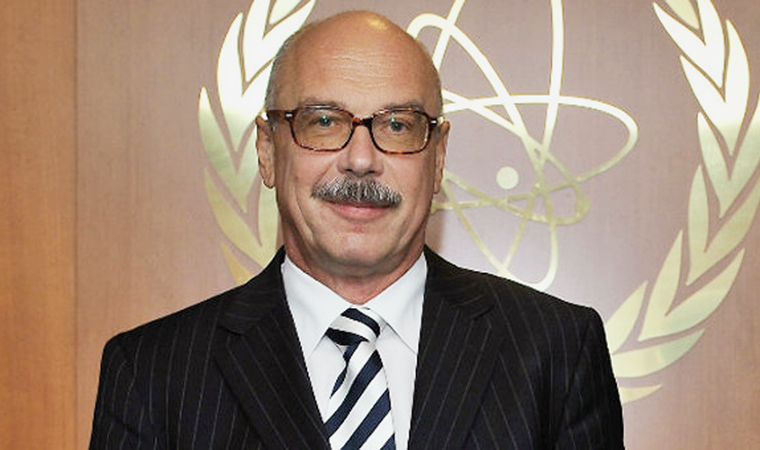
Rosatom Helped Overcome Fukushima Syndrome
back to contents— How do you choose nuclear facilities to be visited by foreigners? Is the choice driven by diplomacy or commerce?
— We usually discuss it with Rosatom CEO Sergei Kirienko at the IAEA General Conference in September every year and look for the most interesting routes. In fact, it is the state nuclear corporation that decides which nuclear technologies and products may be of commercial interest for a country. Like the power industry in general, the civil nuclear industry is the blood of the national economy. It is a driver of both developed and emerging economies. This is the reason why many countries are willing to launch their national nuclear programs. Generally speaking, Russia’s activities in the civil nuclear field from the UN standpoint are larger than just politics or commerce. We contribute to the global human development, both economic and social, within the framework defined by the United Nations.
— What attracts your diplomat colleagues in visits like this?
— My colleagues have an opportunity to see operating nuclear stations, reactors under construction, and other nuclear facilities. It is common knowledge that nuclear is treated with caution as something powerful and sometimes beyond human intelligence. Now then, my colleagues, ambassadors of other countries, get rid of nuclear phobias after they see reactors in operation and are explained their operating principles and safety systems.
I believe that Rosatom has helped overcome the Fukushima syndrome that threatened to undermine the global nuclear industry.
— The attraction is purely educational and technological, isn’t it? No politics involved?
— We keep saying that politics should never interfere in the nuclear industry development. Nuclear is about very long time intervals. Its technological cycle is much longer than any political processes. A nuclear station built today will work for several generations. Our grandchildren will retire while some of the existing stations will still generate power. I am sure that nuclear is the industry where nations are destined to work peacefully together for many years ahead.
— How do diplomats and nuclear experts interact without politics?
— Very meaningfully. I am tempted to say that our cooperation with Rosatom is exemplary. Almost every overseas project of the Russian nuclear corporation is supported by diplomats making it more reliable. Our cooperation under the IAEA auspices is organized in the real time mode. We have established planning and operating procedures to quickly respond to any emerging issues.
The Russian party has contributed much to the activities of P5+1, Iran and the IAEA in the implementation of the Joint Comprehensive Plan of Action, which was approved in July 2015 and became a milestone in the global peaceful process. Our leadership is attributable mostly to Rosatom. A recent example is our technological success in Indonesia. Rosatom Group companies won a contract to design and construct a pilot 10 MW high-temperature gas-cooled reactor. Its concept design has been developed already. Another agreement and a road map, this time for nuclear fuel supplies, were signed just recently. Besides, the Indonesian Government is about to make its decision on the construction of the first nuclear station in the country.
Not intending to make any judgments, I would like to say that other Russian companies could draw on the experience gained from the cooperation between the Ministry of Foreign Affairs and Rosatom. Harmonization of diplomatic and business efforts is the best global practice in the protection of national interests.




